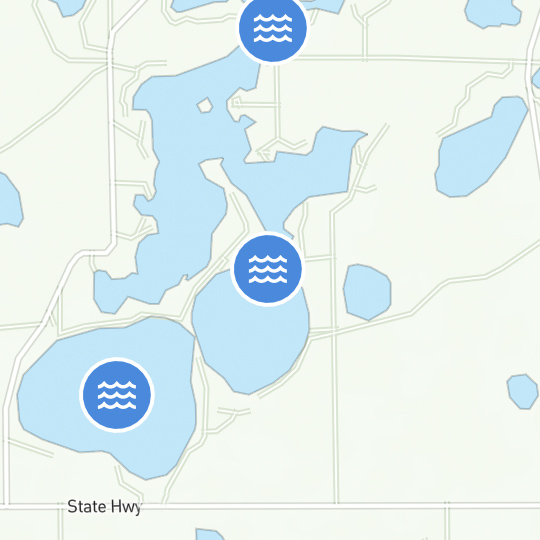Federal and State Rules
Once you have registered your boat, you'll need to learn about the safe boating rules or navigation rules before your first trip out on the water. Your boating trips will not only be safer, but much more relaxing and fun if you are able to confidently follow the boating rules of the road.
Remember, these boating safety rules and laws have been created to help protect you, your passengers, and everyone who uses our waterways.
If you're not sure where to learn more about boating rules and laws, don't worry. There are plenty of boat safety courses you can take that will teach you the basic boating rules and laws. These courses won't take you long to complete, and they can be taken either online or in a classroom setting.
Learning The Boating Rules Of The Road
Every boater that uses our nation's waterways is required to follow the federal boating rules of the road that have been issued by the U.S. Coast Guard. In addition to the federal laws set by the U.S. Coast Guard, each state has different boating rules and regulations. It's important that you know the specific rules that apply to your state or to any state where you plan to operate a boat.
What Do Federal Boating Rules Cover?
You might be wondering which types of recreational boating topics are typically covered by U.S. Coast Guard rules, and which are addressed through state laws. Most federal boating laws that are enforced by the U.S. Coast Guard cover general and permanent laws. Federal boating laws may include, but are not limited to, the following topics.
- Navigation rules or boating right of way rules
- Aids to navigation
- Boat documentation
- Boat safety equipment requirements
- Emergency notification and communication
- Pollution regulations
What Do State Boating Rules Cover?
State boat rules cover topics that are specific to each individual state. As a boater, it's important to understand that these state laws are subject to change at any time. Your state's specific boating laws may include, but are not limited to, the following subjects.
- Boating education
- Operator age
- Boat registration and titling
- Which persons are required to wear a personal flotation device (PFD)
- Boating under the influence
- Liability insurance
- Laws or rules that are specific to certain state waterways
Even if you are an experienced boater, it's a good idea to stay up-to-date on all federal and state boating laws by taking a boating safety class. Do your part to set a positive example both on and off the water. After all, the next generation of boaters may follow your lead.
KEEP LEARNING

First Catch Center Trailer Gallery
FCC Trailer Photo Gallery
LEARN MORE

How to Tie a Duncan Knot
Learn to tie a Duncan knot by following these five simple steps. Watch our new video.
LEARN MORE

Welcome to Angler Academy!
No one said you can’t bring fishing inside! There’s lots of fun activities we can do right from home
LEARN MORE


.png?lang=en-US&ext=.png)